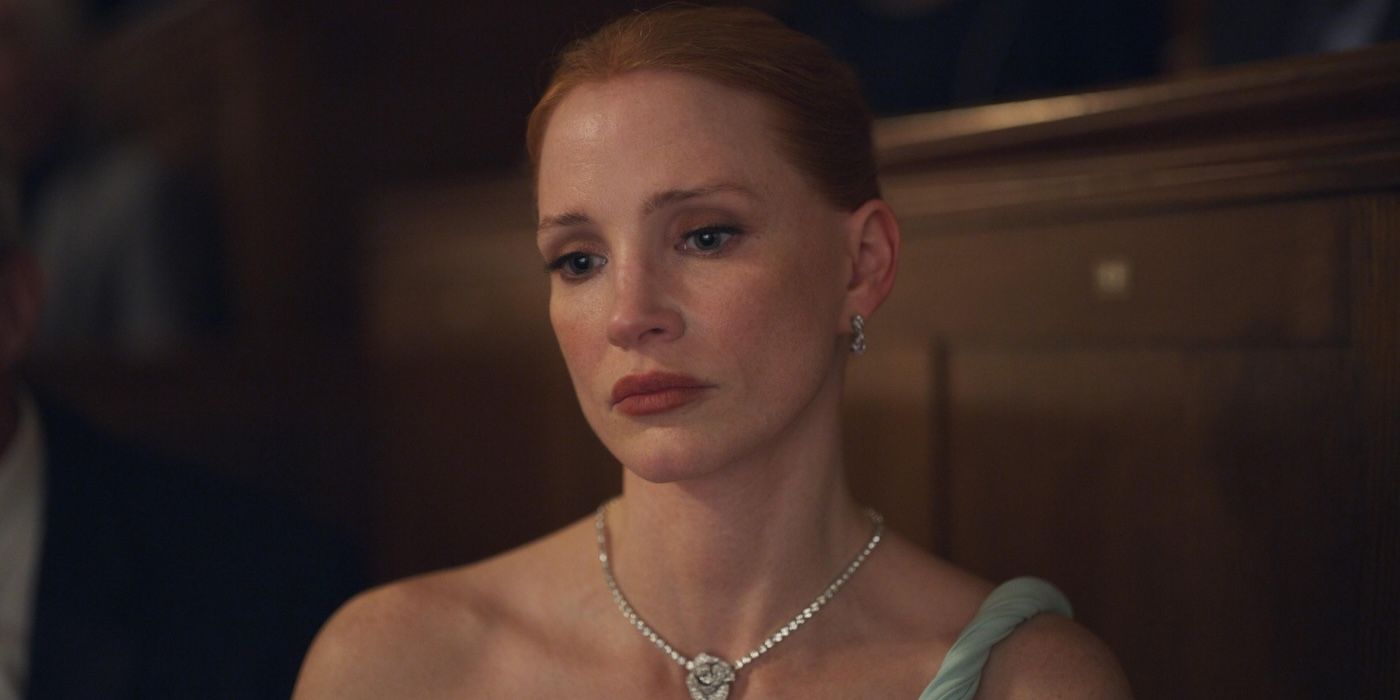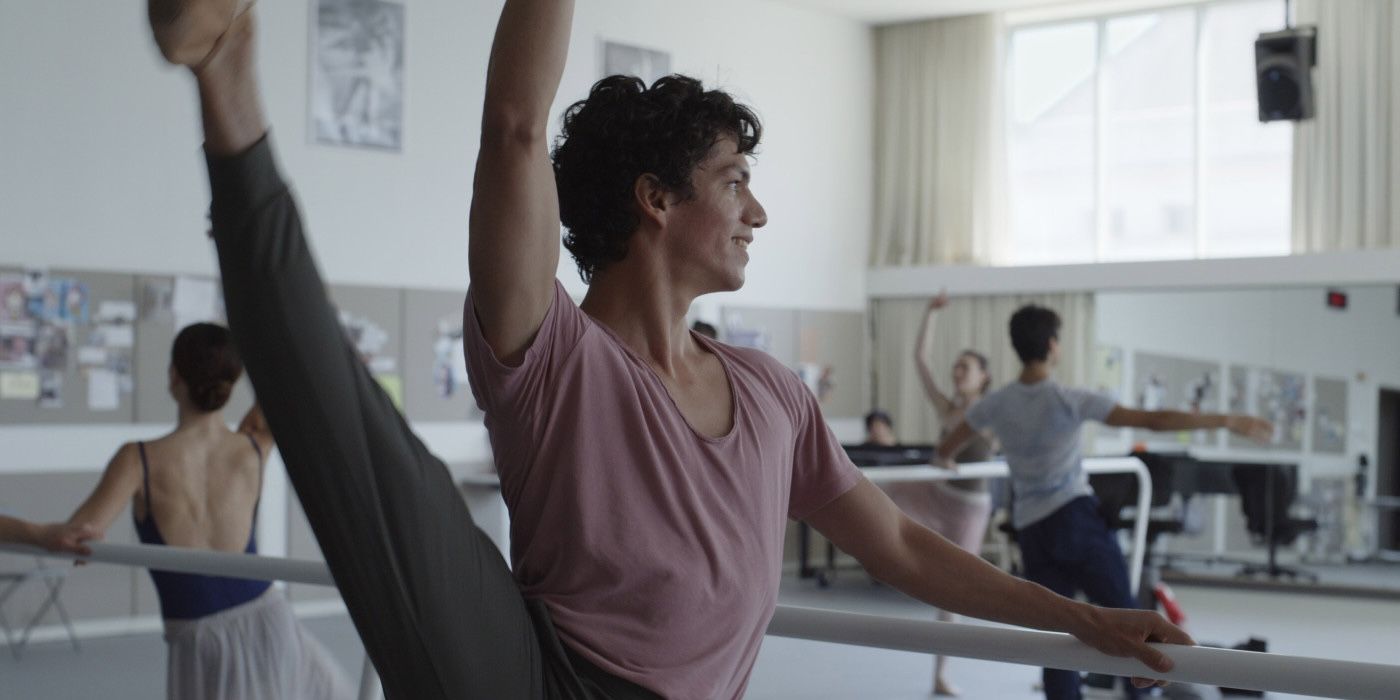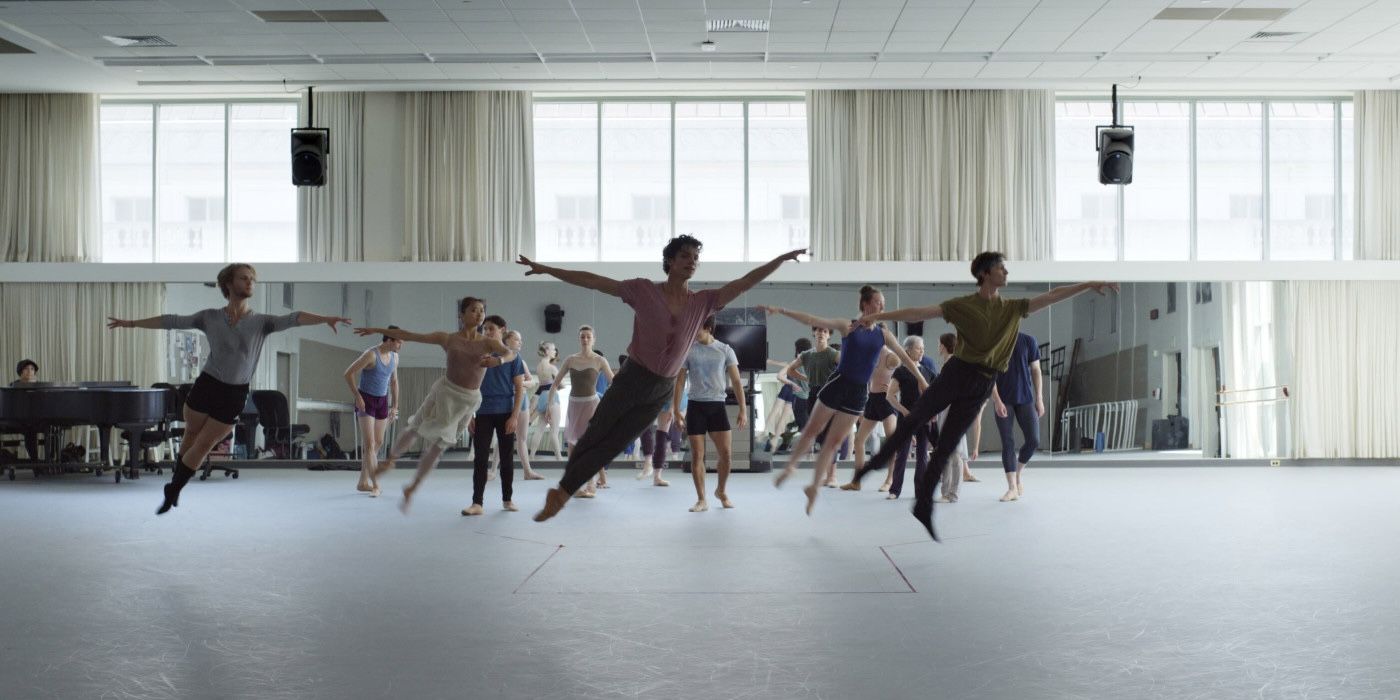It feels important to state that I had never seen a Michel Franco film before watching his latest title, Dreams. The Mexican filmmaker, whose most widely seen movie is 2023’s Memory, which earned rave reviews for the two lead performances of Peter Sarsgaard and Jessica Chastain, is no stranger to controversy. His 2020 thriller, New Order, caused uproar in the director’s native Mexico for its explicit depiction of rape, murder, and violence committed by dark-skinned people against the light-skinned upper class. He is, by all accounts, an inherently provocative filmmaker, and knowing that still didn’t prepare me for his latest effort.
If Dreams were to omit one scene, just one, then perhaps I could’ve appreciated what he’s doing here more. It’s an angry and brutal confrontation of how immigrants are treated, particularly Mexican people in the United States. Its title refers to the aspirations that countries like America claim to be built on, a land for people to make something of themselves. But it’s ultimately about how quickly those dreams can be destroyed, corrupted, or taken away by white people and the higher classes in an instant. That power dynamic is made all the more tender as we follow a rich white woman carrying out a clandestine relationship with a younger Mexican illegal immigrant. And Franco does delve into this toxic abuse of power, but when he tries to level the playing field, it undermines everything he has done up to this point.
Jessica Chastain Stars Opposite Isaac Hernández in ‘Dreams’
We first meet Fernando (Isaac Hernández), a 30-something Mexican man, as he stumbles out of a crowded truck smuggling illegal immigrants across the US border into San Antonio. With literally nothing but the clothes on his back, he heads straight to San Francisco, where he arrives at the home of his secret girlfriend, Jennifer (Chastain). Jennifer, along with her brother (Rupert Friend), is the co-director of a charitable foundation for their millionaire father’s (Marshall Bell) business. She is always dressed in designer clothes, has a beautiful apartment, and is constantly rubbing shoulders with the San Francisco elite.
The couple began their affair some time before, after meeting at his ballet school in Mexico City, which is funded by Jennifer’s foundation. Now that Fernando has risked his life to be with the woman he loves, he’s keen for their relationship to be out in the open. However, Jennifer, although a figure of charitable progression and an advocate for immigrants, knows the repercussions of their relationship… for her. After Fernando tries to leave, Jennifer exerts the infinite power she yields to win him back. Fernando starts to thrive in his new American life; he earns the lead in the San Francisco ballet company, and the couple enjoys meals out and weekends away, but Jennifer still keeps their relationship a secret. Although she dotes on him, gives him money, and looks after every logistical aspect of their relationship, it is still all on her terms. After her family finds out about Fernando, Jennifer does something drastic to restore what she believes to be their perfect arrangement. Fernando, whose life has been shattered in an instant, takes it into his own hands to make her feel how she has always treated him.
Up until the last 20 minutes, Dreams is a sharp and carefully crafted portrait of power dynamics. The choice to show racial injustice through the lens of a domestic drama makes the stakes more personal. It’s a tender microcosm for all that is happening across the world, especially the United States, with the ongoing ICE raids separating families and tearing lives apart. But Franco is also going right for the throat in his depiction of high-powered people who claim to devote their lives to helping immigrants. The hypocrisy of Jennifer and her family creates a wider scope for the film to comment on, while Jennifer and Fernando’s relationship is a distillation of the toxic microaggressions as well as abuse that arise in these dynamics. But a choice Franco makes towards the end renders all that pretty meaningless.
Michel Franco Undoes All the Film’s Meaning With One Scene
If you do want to see this movie without absolutely no spoilers, then I suggest you stop reading, as it’s impossible to discuss the film and how it went wrong without getting into the finer details. After Jennifer exploits her power over Fernando and snatches away basically his entire life, he takes drastic measures to flip their dynamic. Franco does succeed in creating a shocking finale that puts on glaring display the privilege of white people and how easily it can destroy the entire existence of people of color and immigrants. But within this, we are made sit through a scene in which Fernando rapes Jennifer.
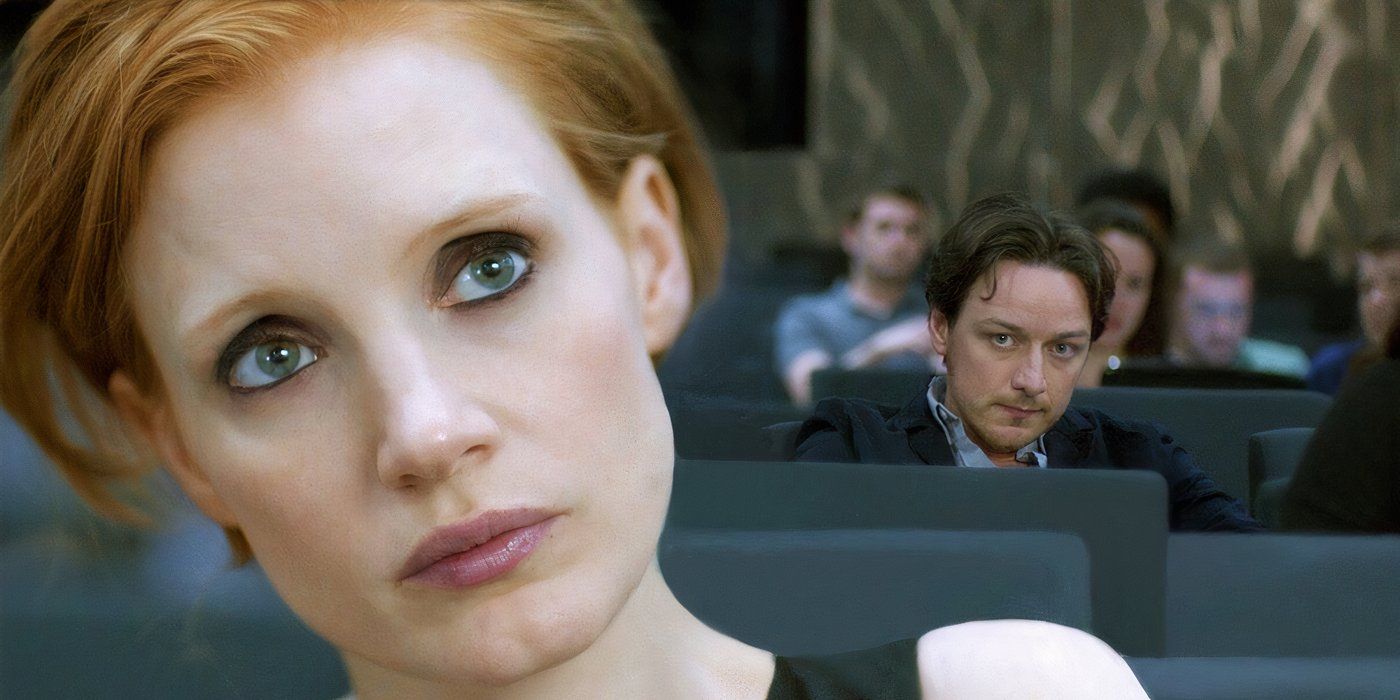
Related
Jessica Chastain Scares up Another Horror Movie Role From ‘The Boogeyman’ Director
The ‘It: Chapter Two’ star will lead the twisty horror adaptation.
And while it is an affronting way to speak to how white people abuse their power to harm immigrants for their own benefit, it also ruins Franco’s point by turning the white lady into a victim and the immigrant into a dangerous criminal. I couldn’t help but think of racist and anti-immigration people watching the film and saying to themselves, “Yep, that’s why white women need to stay away from immigrants! They’ll end up being assaulted!” The idea that immigrants are a danger to white women is a harmful stereotype prevalent the world over, and playing into that view is the worst way for Franco to deliver his final blow. Instead of emphasizing the suffering of Fernando at the hands of Jennifer and how she has ruined his life forever, Franco reinforces what so many people already wrongly think about immigrants.
It’s short-sighted, but it also doesn’t come as a surprise from a male filmmaker. Not to generalize, as there are many male filmmakers who would understand the issue this scene raises, as there are male viewers who would share my opinion. But I understand how the average man could look past this moment to appreciate Franco’s provocative approach. However, as a woman, it reads like Franco threw in an assault scene without ever appreciating how it could derail the film’s larger point. It comes off as the filmmaker misunderstanding the weight a scene like this carries, as if the audience will still empathize with a rapist just because he’s an immigrant. This isn’t to say that it completely redeems Jennifer, who is a horrible character as she perpetuates racist micro-aggressions, and represents hypocritical and performative aid. But it does make supporting and empathizing with Fernando difficult. The film ends less like a powerful message and more like a cautionary tale that republicans will show their daughters; a PSA to never date outside your race or you’ll end up raped and domestically abused.
‘Dreams’ Suffers From Stilted Dialogue and Stiff Acting
Aside from that, there’s also a lot technically underwhelming in Dreams. Scenes are frustratingly short, cutting right when the conversation gets going. Franco’s reliance on wide, faraway shots means the already stilted dialogue is lacking a real sense of emotionality. A scene that’s supposed to be Fernando and Jennifer having a steamy bout of foreplay as they talk dirty plays out like Siri and another AI reading lines from Fifty Shades of Grey to each other. Neither Jennifer nor Fernando feels lived-in, as we aren’t privy to anything about their lives other than their relationship and their work. This is likely why there is a distinct lack of chemistry and shared history between Jessica Chastain and Isaac Fernández. While Chastain has built an impressive career playing calculated, icy women, her performance here lacks the depth she usually brings to her characters. Isaac Fernández, while a beautifully gifted ballet dancer, plays Fernando as mildly unaffected by everything happening around him, underselling the pain that is being inflicted on him.
Dreams is probably the same old story for Michel Franco fans, but as a first-time viewer, I was in awe of how a film could go so wrong so quickly. While the first two acts do suffer from flat performances, stiff dialogue, and rushed editing, Franco’s thematic subtext is extremely nuanced and vivid. So, while it isn’t surprising to see a male director mishandle rape in their film, it’s bizarre that Dreams ends by reinforcing the very ideas it aims to dispell.
Dreams screened at the 2025 Karlovy Vary Film Festival in the Horizons section.
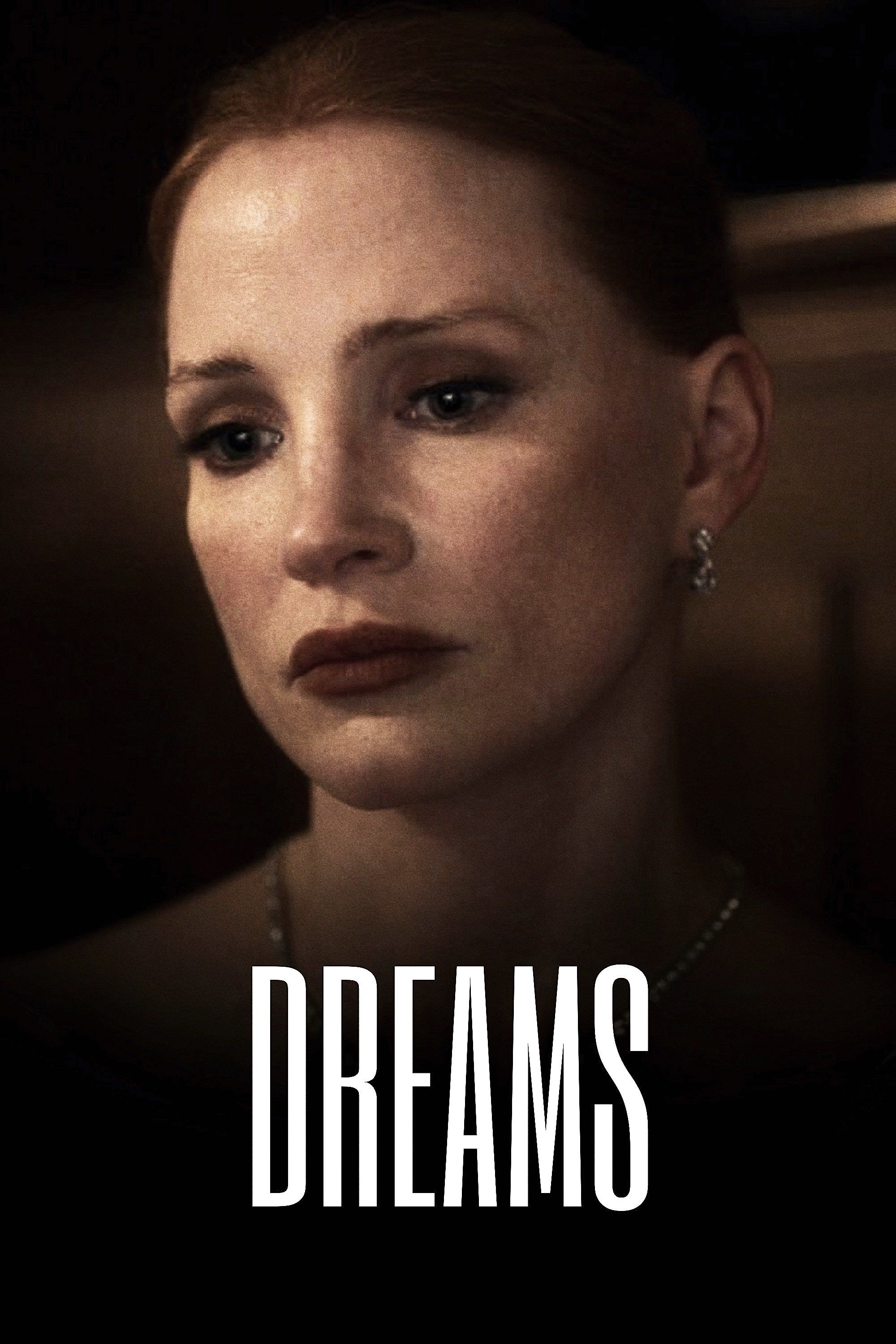
Dreams
Michel’s Franco is unsurprisingly controversial, as he sullies the film’s message in the final act.
- Release Date
-
October 23, 2025
- Runtime
-
95 Minutes
- Director
-
Michel Franco
- Writers
-
Michel Franco
- The first two acts successfully lay out Franco’s political and social commentary.
- Before the ending, Franco illuminates the toxic power dynamics between races.
- The film ends up playing into harmful stereostypes around immigrants.
- An assault scene is used carelessly and end sup doing the film’s value.
- The dialogue can be stilted and the lead performances are stuff.
